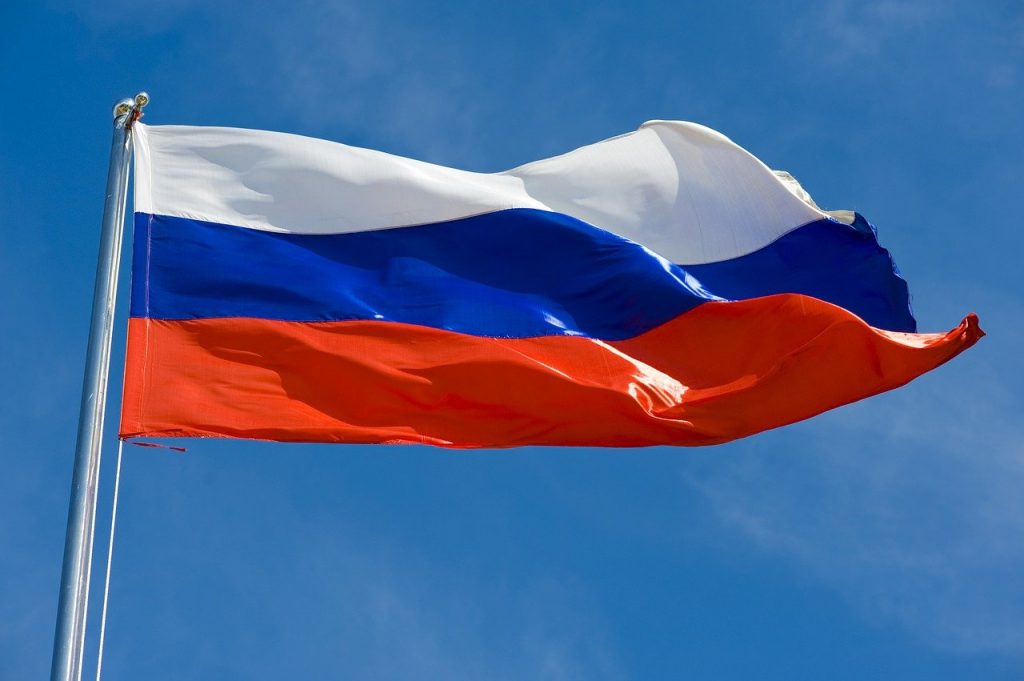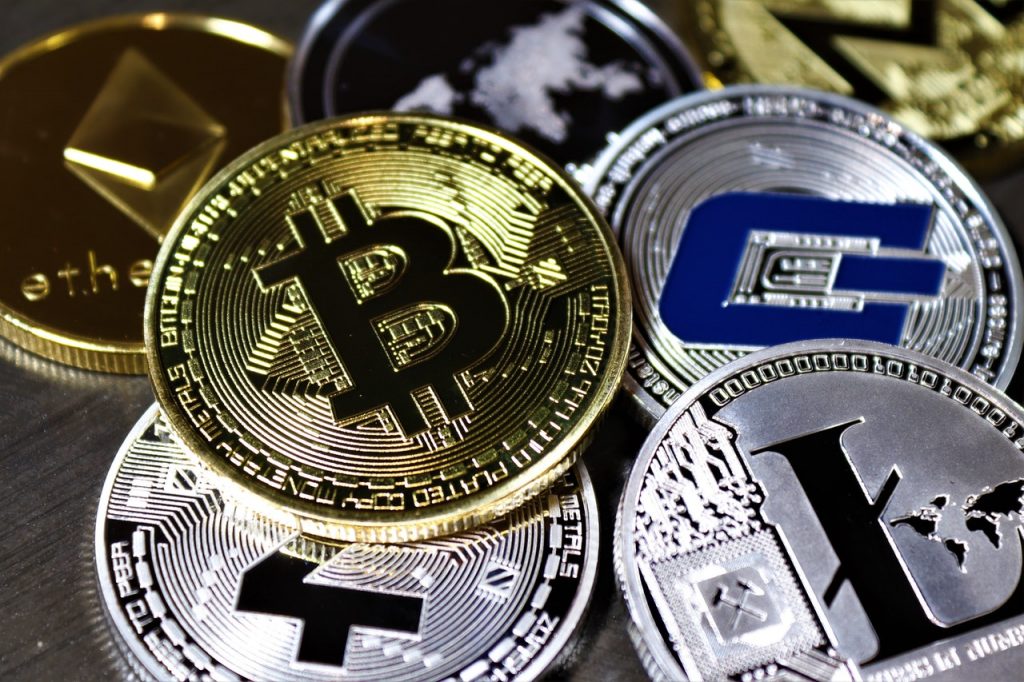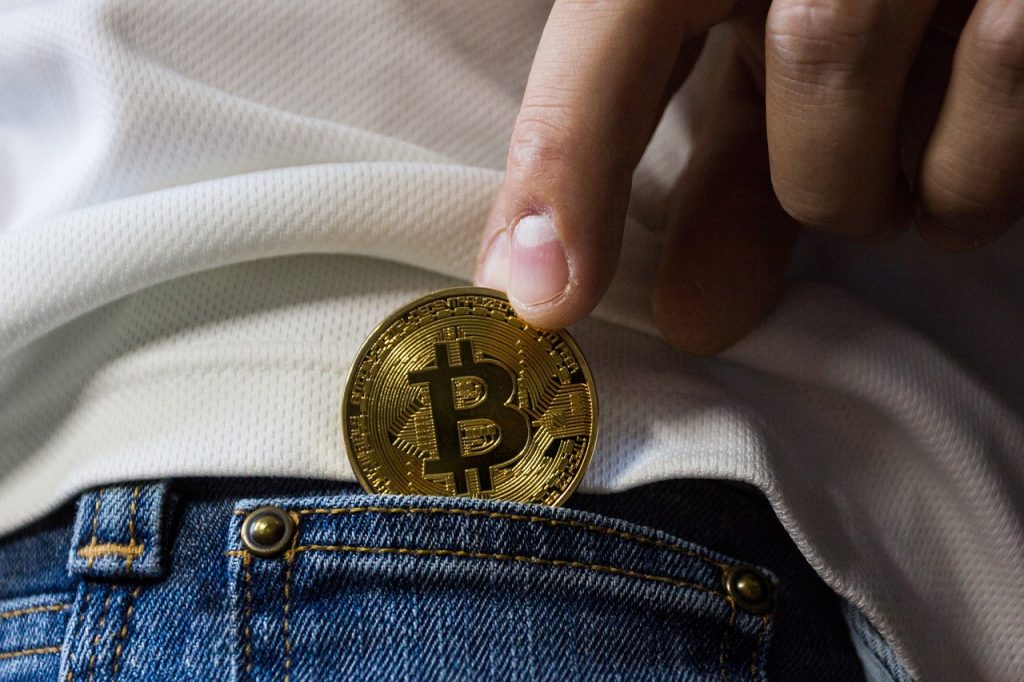By the end of 2022, Russian authorities plan to control the creation, transfer, and use of digital assets for a variety of purposes, including international crypto payments. According to the financial watchdog, the duty has been assigned to the Ministry of Finance, the Central Bank of Russia, and the Rosfinmonitoring organization.
Rosfinmonitoring stated that “the activities of organizations that will carry out exchange operations with digital currency, its transfer and storage, and providers of virtual asset services should be subject to regulation, including registration or licensing of such persons and their supervision,”
The bill on Digital Currency, which was originally proposed by the finance ministry earlier this year and then altered with input from other authorities, calls for the development of domestic infrastructure for trading in digital assets. Regulators in Russia are currently focusing on the system for settling bitcoin payments made in international trade.
This week, Alexey Moiseev, deputy minister of finance, announced that his office and the Bank of Russia had reached an in-principle agreement on new laws allowing for transnational cryptocurrency payments.
In early September, the two organizations came to the conclusion that, in the face of escalating sanctions, Russia “can’t do without cross-border crypto payments.”
However, Moiseev acknowledged that there is still a problem with “entry and exit to fiat,” according to a report by RBC Crypto. The bare minimum infrastructure that Russia will need to build in order to enable such cryptocurrency payments will then need to be determined by specialists.
A draught law regarding cryptocurrency mining that will formally describe the practice has also been approved by the monetary authority and the finance ministry. According to the deputy minister, the choice of whether miners should deposit newly created digital currency into wallets located within the Russian Federation or overseas has thus far been made in favor of the latter.



